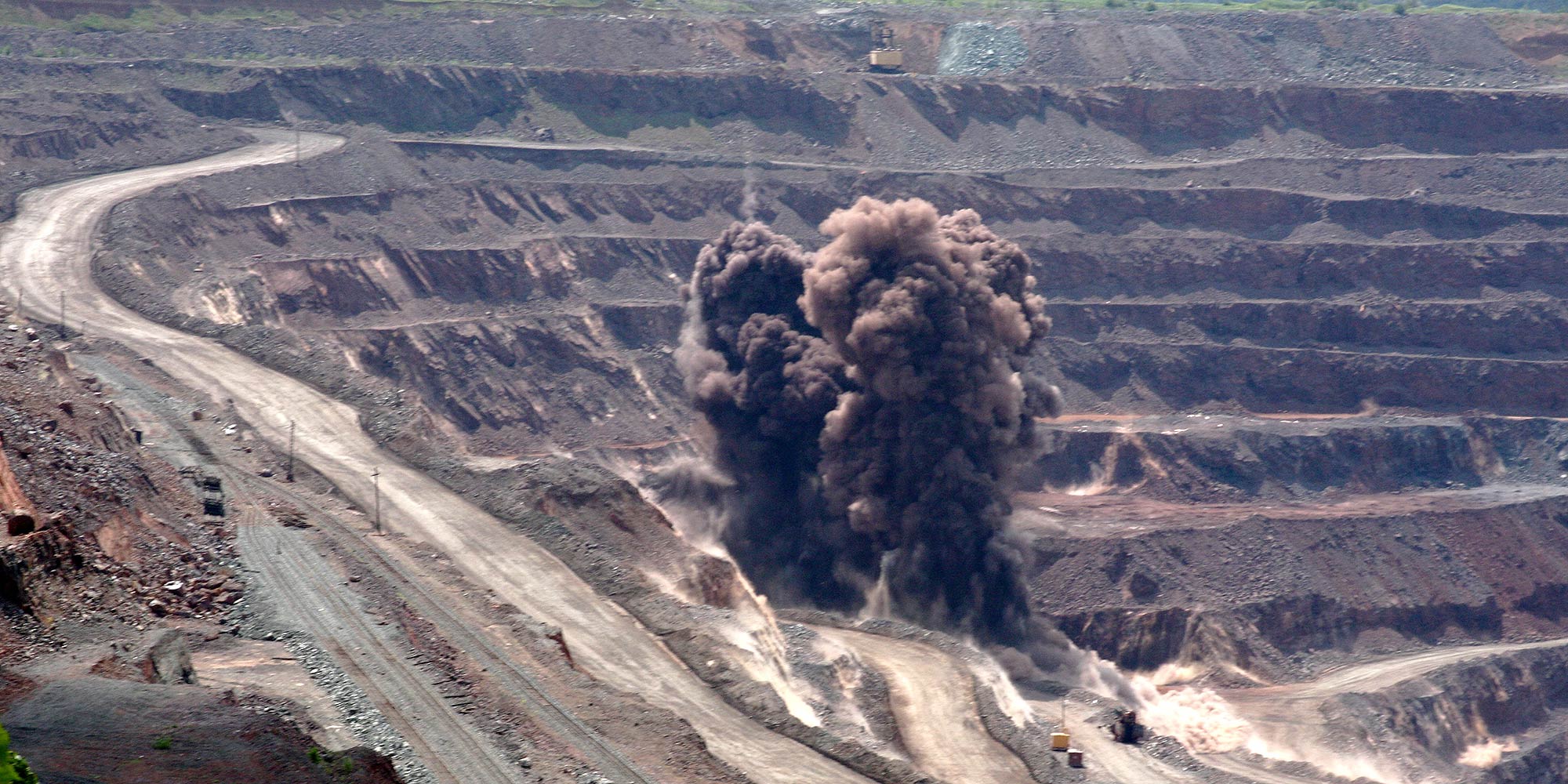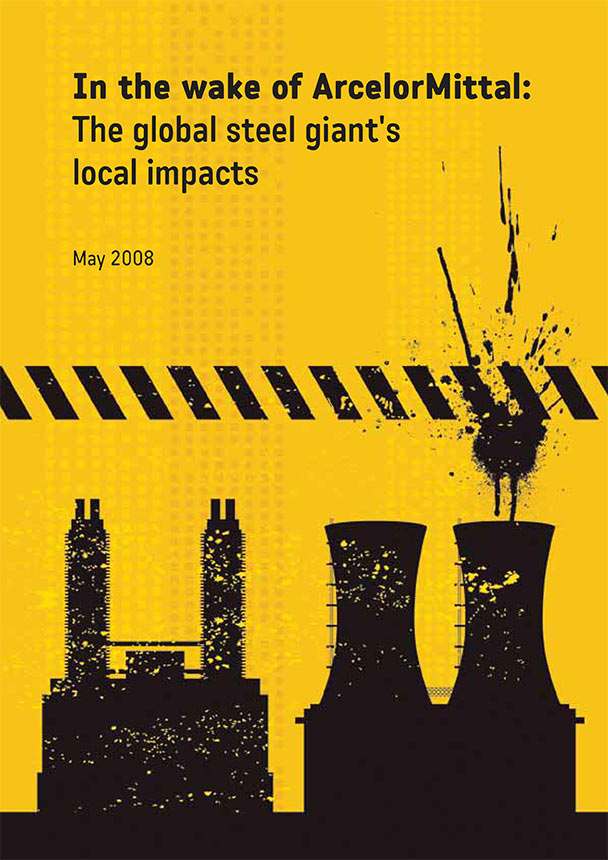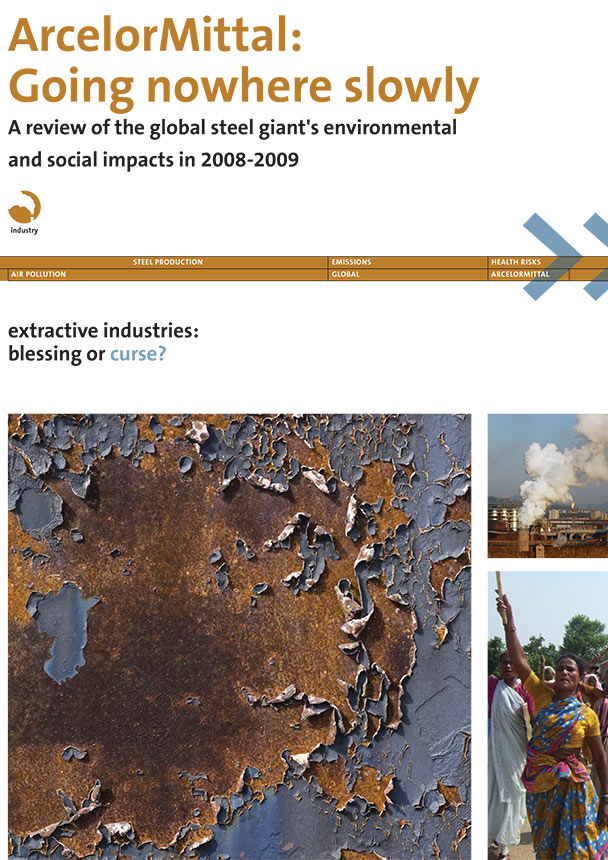Steel giant ArcelorMittal
ArcelorMittal is the largest steel company in the world, producing approximately 8 per cent of the world’s steel output. But the cost of its success has largely been paid by the people living and working near the company’s plants, because of the ArcelorMittal’s frequent disregard for the environment and fair labour practices.
This is an archived project. The information here may be out of date.
Learn more about our current projects and sign up for the latest updates.
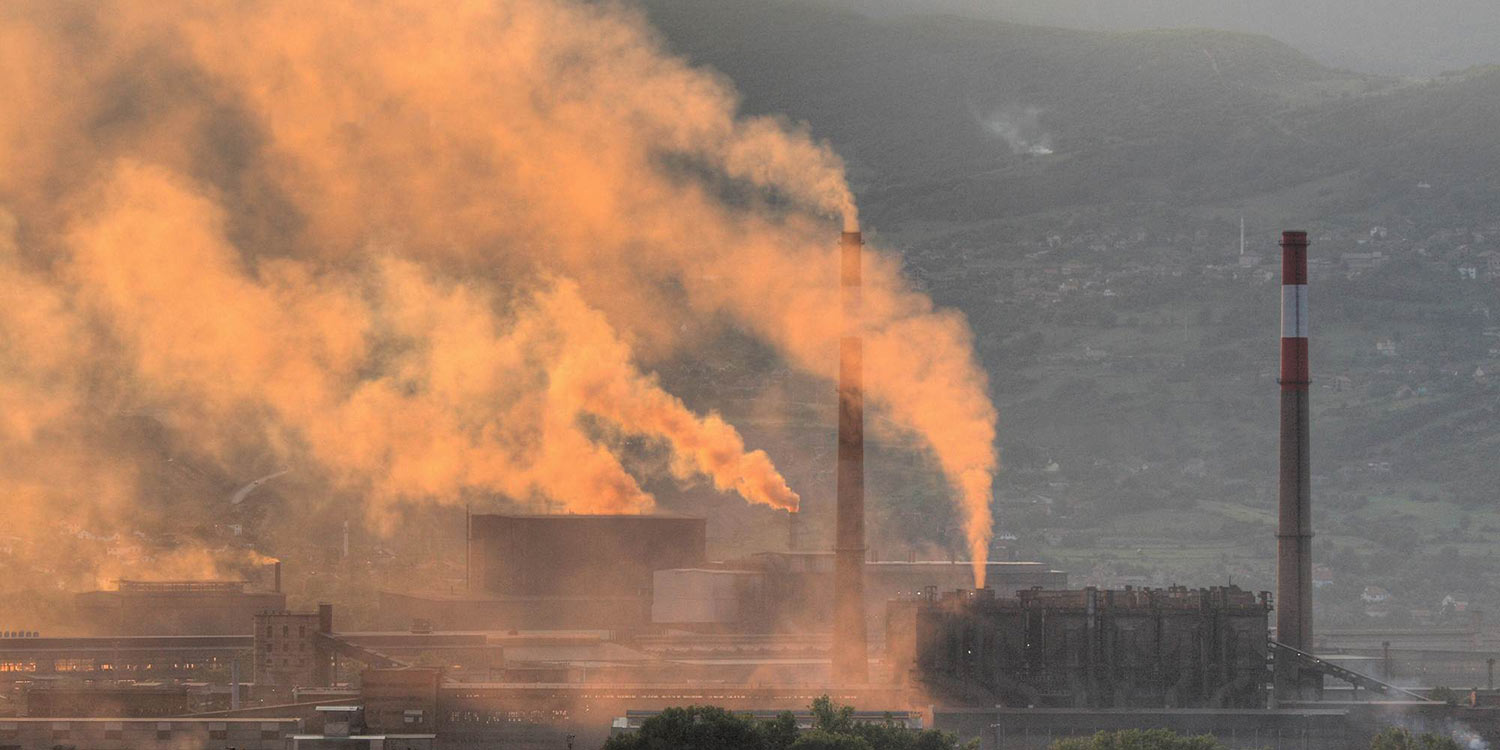
Stay informed
We closely follow international public finance and bring critical updates from the ground.
Background
Despite ArcelorMittal’s penchant for profit over people international financial institutions (IFIs) continue to disburse loans to the company.
Does ArcelorMittal really need public loans?
During the last 15 years, ArcelorMittal’s predecessor companies, mainly Mittal Steel, have bought up several old and highly polluting steelmills and made them profitable. However environmental improvements other than those necessary to increase production efficiency have been painfully slow.
The company has benefited from eleven IFI loans during the last ten years (details below). Yet its net profit in 2007 (the year the EBRD approved the Kazakh loan) was USD 7.6 billion. [1]
ArcelorMittal’s CEO and President of the Board of Directors, Lakshmi Mittal, who owns 40 per cent of the company, is the 5th richest man in the world and the richest resident of the UK (2010), worth USD 28.7 billion.
Is this the type of beneficiary that the architects of low-interest development loans had in mind when they set up the IFIs?
ArcelorMittal among worst lobbyists
As in the previous year, ArcelorMittal was again one of the candidates for the 2010 worst EU lobby award.
While the company is one of Europe’s largest emitters of CO2, it successfully lobbied the European Commission on behalf of Europe’s biggest polluters to continue getting free greenhouse gas emissions permits until at least 2020.
Evidence from the ground
Temirtau, Kazakhstan
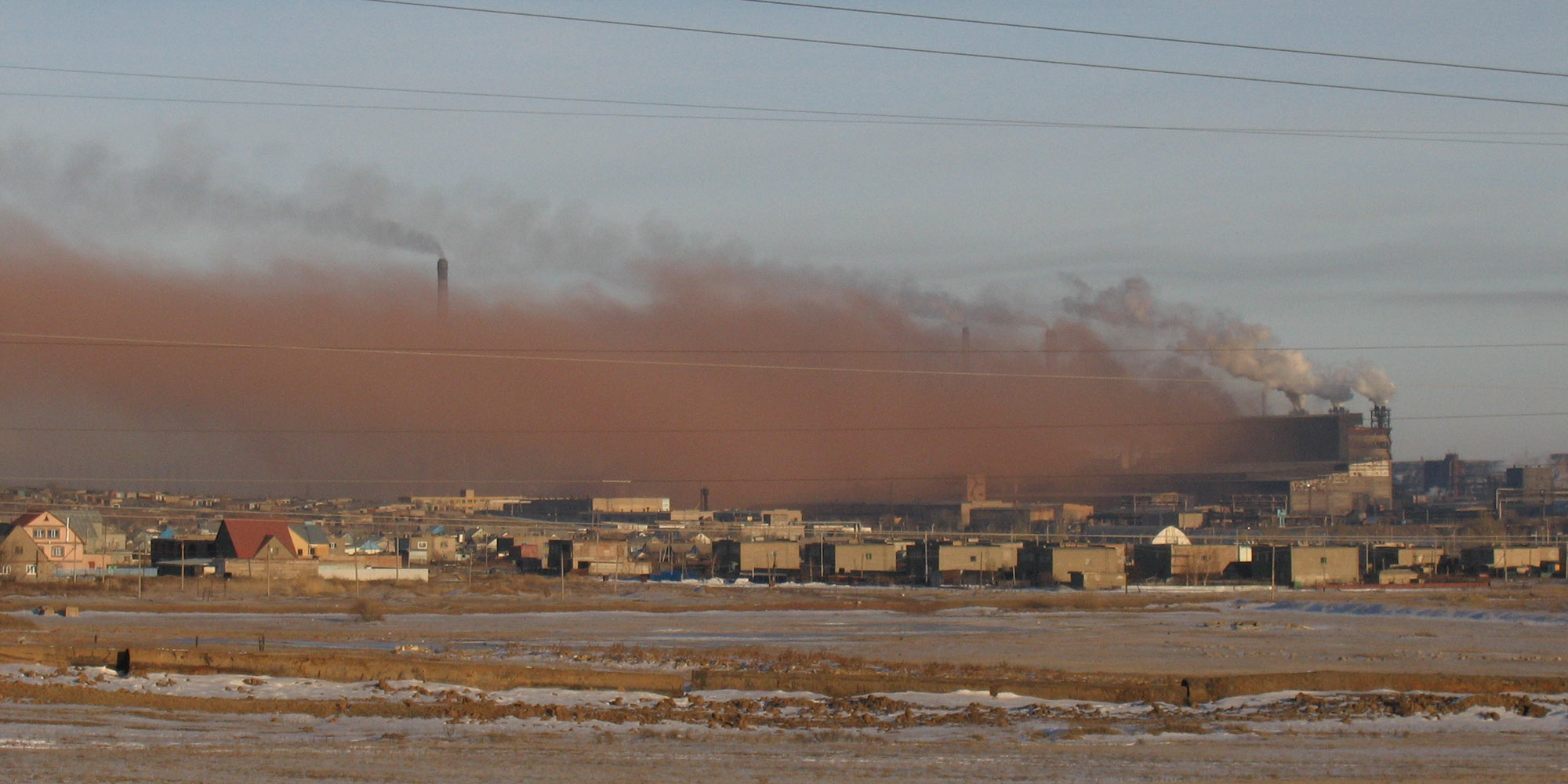
The company claims to have implemented the environmental and health and safety improvements for which it received IFI loans at its Temirtau mining complex. But many accidents and deaths are still happening in the mines and ArcelorMittal is reluctant to disclose documents and proof about the alleged improvements.
A collection of shortcomings of ArcelorMittal projects:
In the wake of ArcelorMittal
Study | May 13, 2008
ArcelorMittal: Going nowhere slowly
Study | May 12, 2009
Civil society reacts: Global Action on ArcelorMittal
In 2008 the Global Action on ArcelorMittal coalition was formed by community and environmental groups from various countries where ArcelorMittal operates its steel mills and mines. The coalition’s aim is to hold the world’s largest steel company accountable for the social and environmental impacts caused by its activities.
The coalition has exposed problems in countries as diverse as the Czech Republic, USA, Liberia and South Africa, and has called on the international financial institutions not to condone ArcelorMittal’s activities with any more public money.
Notes
1. ArcelorMittal annual report 2007 (pdf)
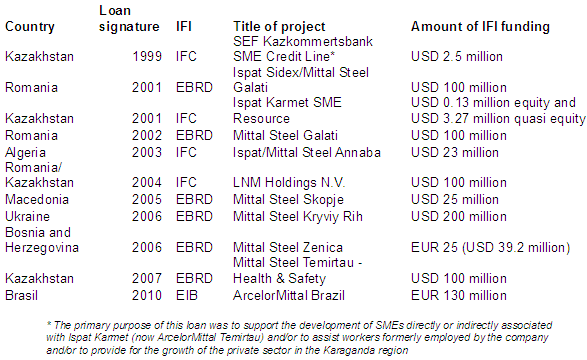
Latest news
Arcelor Mittal SA: Undone and dusted
Bankwatch in the media | 9 June, 2011No-one who has driven between Bloemfontein and Johannesburg could fail to have noticed the haze, stench and massive steelworks near the motorway. But Amsa is not the only polluter in the area. Sasol, Eskom power stations and, in winter, household coal fires also contribute to the horrible air quality
Read moreHundreds to protest against ArcelorMittal in Bosnia and Herzegovina
Press release | 10 February, 2011Hundreds of people are expected to attend a protest against illegal levels of air pollution from the local ArcelorMittal steelmill this Friday afternoon. The action has been organized through social media and is supported by local NGOs Dosta! and Zenica Eko-Forum.
Read moreHave you voted in the 2010 worst EU lobbying awards yet?
Blog entry | 5 November, 2010ArcelorMittal, one of the candidates for the worst EU lobby award, is the world’s largest private steel company, producing 10 per cent of the world’s steel. It is also one of Europe’s largest emitters of CO2. Yet the company successfully lobbied the European Commission on behalf of Europe’s biggest polluters to continue getting free greenhouse gas emissions permits until at least 2020.
Read moreRelated publications
Money, and the EU’s climate agenda, to burn: EBRD mining strategy on a carbon collision course
Bankwatch Mail | 9 October, 2012 |With the EBRD due to sign off on its new mining strategy in November this year, 22 MEPs have pointed out in an open letter to European commissioners that given the state of the policy draft the bank risks contradicting the EU Resource Efficiency Roadmap and responsible mining principles. At risk of being compromised too, Bankwatch believes, are the EU’s 2020 strategy and EU commitments on climate change and biodiversity protection.
Health and safety on the line in ArcelorMittal’s Kazakh operations
Bankwatch Mail | 14 May, 2012 |The EBRD’s development of a new Mining Strategy saw the publication last month of a draft that will now be consulted on. Among the passages in the draft to catch the eye are “Multi-national firms act as demonstrators of best (or at least better) practices in those EBRD countries of operations where EHS&S (Environmental, health, safety and social) legislation is lacking”, and that “investments by major international mining operators in local mining sites in the EBRD’s countries of operations have often led to rapid and significant improvements in the safety of workers, due to safety standards that generally exceed the most stringent local health and safety requirements”.
Report from a fact finding mission to ArcelorMittal Temirtau
Study | 15 August, 2011 | Download PDFArcelorMittal received a loan from the European Bank for Reconstruction and Development (EBRD) for health and safety improvements in its Kazakh coal mines. While fatal accidents at the mines continue, the company has so far not provided sufficient information to allow the project’s assessment. We visited Temirtau to talk with miners directly about the company’s health and safety performance. Video testimonies can also be seen on our website.
